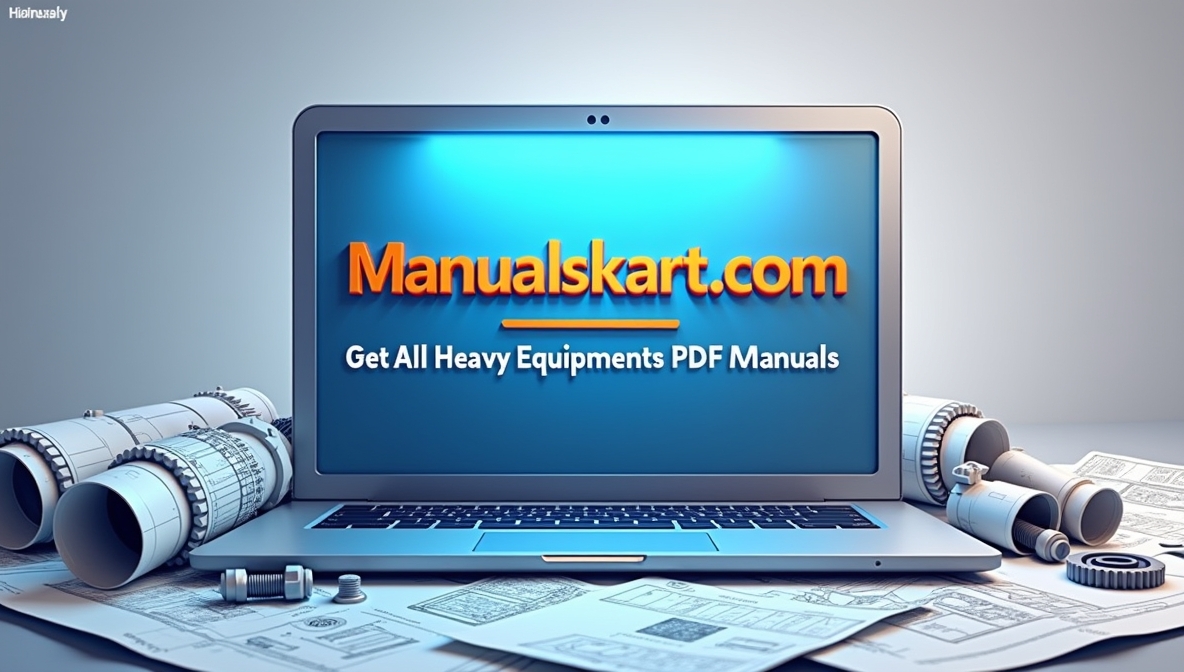Why Is My New Holland Tractor Facing Hydraulic Problems?
New Holland tractors are known for their reliability and efficiency in agricultural and construction work. However, hydraulic problems can arise over time, causing reduced performance and potential downtime. If your New Holland tractor is experiencing sluggish hydraulic response, unresponsive implements, or fluid leaks, you might be asking: “Why is my New Holland tractor facing hydraulic problems, and how can I fix it?” In this blog, we’ll discuss the common causes, step-by-step troubleshooting, and effective solutions to get your tractor back to optimal performance.
Signs of Hydraulic Problems in New Holland Tractors
- Slow or unresponsive lifting of implements
- Jerky or inconsistent hydraulic movement
- Noisy hydraulic pump operation
- Leaking hydraulic fluid
- Overheating of hydraulic components
Top Reasons for Hydraulic Problems in New Holland Tractors
1. Low or Contaminated Hydraulic Fluid
Hydraulic fluid is crucial for smooth operation and effective power transfer. Low levels or contamination with water, dirt, or metal particles can cause sluggish performance and overheating.
Diagnosis:
- Check the hydraulic fluid level using the dipstick or sight glass.
- Inspect the fluid for discoloration, a burnt smell, or visible contaminants.
- Look for leaks around hoses, connectors, and the hydraulic pump.
Solution:
- Top up with New Holland-approved hydraulic fluid if the levels are low.
- Drain and replace contaminated fluid, and flush the system if necessary.
- Repair visible leaks and tighten all connections.
- Follow the maintenance schedule in your New Holland service manual for regular checks.
2. Clogged Hydraulic Filter
The hydraulic filter prevents contaminants from circulating in the fluid. Over time, it can become clogged, restricting flow and reducing hydraulic power.
Symptoms:
- Slow or weak hydraulic response
- Overheating of hydraulic components
- Whining or straining noises from the pump
Solution:
- Replace the hydraulic filter with a genuine New Holland filter.
- Inspect for signs of debris and contamination during replacement.
- Adhere to recommended filter change intervals as outlined in your New Holland manual.
3. Air in the Hydraulic System
Air pockets in hydraulic lines can disrupt fluid flow and reduce lifting power. This usually happens after maintenance or when there’s a leak.
Symptoms:
- Jerky or uneven movement of implements
- Bubbling or hissing noises
- Inconsistent power during lifting and lowering
Solution:
- Bleed the hydraulic system to remove trapped air.
- Check for leaks in hoses and fittings that may be drawing in air.
- Ensure the fluid is topped off properly to prevent air entry.
4. Faulty Hydraulic Pump
The hydraulic pump generates pressure to operate implements. If it’s worn out or damaged, you’ll notice poor performance and slow response.
Diagnosis:
- Test hydraulic pressure using a gauge.
- Compare the readings with the specifications in your New Holland service manual.
- Listen for grinding or whining noises during operation.
Solution:
- Replace the pump if it’s not producing the required pressure.
- Flush the system to clear any debris or contamination.
- Use only New Holland-approved hydraulic fluid for optimal performance.
5. Blocked Hydraulic Lines
Over time, debris or sludge can accumulate in hydraulic lines, blocking fluid flow. This can lead to poor lifting capacity and slow implement response.
Symptoms:
- Weak lifting power
- Overheating of hydraulic components
- Noisy operation when engaging implements
Solution:
- Inspect hydraulic lines for blockages or damage.
- Clean or replace hoses if blockages are found.
- Flush the system to clear contaminants.
6. Malfunctioning Control Valve
The control valve directs hydraulic fluid to various implements. If it’s clogged or damaged, you may experience poor hydraulic function.
Diagnosis:
- Check if specific implements are not responding properly.
- Inspect the valve for debris or damage.
- Listen for unusual noises when activating hydraulic functions.
Solution:
- Clean or replace the control valve if necessary.
- Ensure the valve is correctly calibrated as per your New Holland service manual.
Why You Should Use a New Holland Service Manual for Troubleshooting
A New Holland service manual is essential for proper troubleshooting and repairs. It includes:
- Detailed hydraulic system diagrams
- Step-by-step repair procedures
- Maintenance schedules and fluid specifications
- Troubleshooting guides for quick diagnosis
You can access these manuals instantly at Manualskart.com to keep your New Holland tractor running smoothly.
Find More Equipment Manuals at Manualskart
We also provide service manuals for other major heavy equipment brands:
- Case Construction Manuals
- Case IH Manuals
- Cub Cadet Manuals
- Komatsu Manuals
- Kubota Equipment Manuals
- New Holland CE Manuals
- Volvo Equipment Manuals
- Hyundai Equipment Manuals
- Caterpillar Equipment Manuals
Conclusion
Hydraulic problems in your New Holland tractor can disrupt productivity and lead to costly repairs. By understanding common causes such as low fluid, clogged filters, and faulty pumps, you can troubleshoot and fix these issues efficiently. For accurate repair guidance, visit Manualskart.com to access genuine New Holland service manuals and expert troubleshooting advice.





Comments